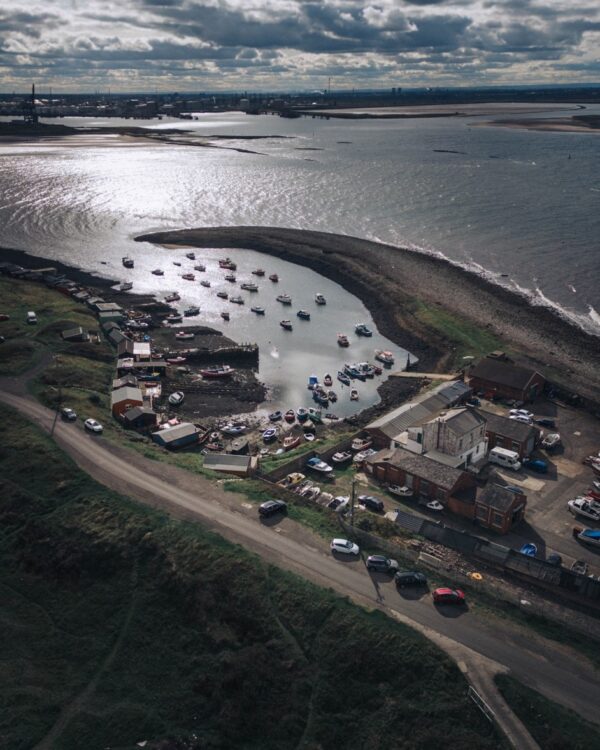Six new landscape-scale nature recovery projects are launched by Natural England and the UK Government.
The multi-partnership collaborative projects covering 176,000 hectares of land across England – from the Tees Estuary to the South Downs – will create improved and better-connected habitats for wildlife and improve public access to nature. The projects will strengthen the national Nature Recovery Network and showcase delivering nature recovery at scale.
Photo: Adam Young
The nature recovery projects, supported by £7.4 million funding from Defra and Natural England, include:
- Tees Estuary Recovering Nature, Northumbria – Covering over 11,000ha, the TERN Project will work with partners to improve, create and restore coastal, estuarine and land-based habitats. Steeped in industrial history, this area is home to a well-loved colony of common seals and assemblages of roosting waders and wildfowl including the little tern, wintering knot, ringed plover and redshank. Action will create bigger and better connected habitats that increase climate resilience and offer a sustainable future for these cherished species. New footpath links will also bring the community closer to nature, strengthening Teesside’s vision as a place for people and nature.
- Seaford to Eastbourne, Sussex and Kent – Traversing 12,000 ha of the iconic land and seascape of the South Downs, the project builds on key partnerships with South East Water, local authorities, farmers and fishers. The project will build on research into chalk aquifers in the area which confirms the importance of using healthy chalk grass and chalk heath habitats to deliver clean and plentiful water. The work to integrate habitat and natural flood management schemes will create clean water supplies for nearby towns and benefit species, such as the rare wart-biter cricket. Ambitions further extend out to sea where the project partners will seek to boost short-snouted seahorse populations found near Beachy Head. The project is also researching how NHS staff who work in complex mental health can be trained in nature-based interventions, supporting the communities within Seaford to Eastbourne
Tony Juniper, Chair of Natural England, said: These nature recovery projects will enrich our landscapes for wildlife, develop resilience to climate change, catch carbon and help to clean up air and water. They will help restore entire ecosystems, allowing many species of wild animals and plants to spread and thrive.
Environment Minister Trudy Harrison said: We want to create accessible, nature-rich places closer to where people live, and encourage communities to learn more about the wild landscapes on their doorsteps so they can play their part in helping to protect them.
Further information on all six projects can be read here.
